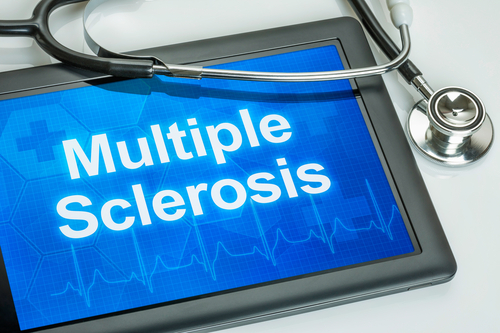
A study found that objective levels of sleep did not change when patients with multiple sclerosis (MS) were discharged from the clinic to home; however, decreases in physical activity were observed. The study authors concluded that patients with MS “can be reassured that their sleep quality does not deteriorate” upon discharge, but “they should be encouraged to keep their physical activity levels as stable as possible.”
The study included 16 patients with MS. The mean age was 49.13 years, the median Expanded Disability Status Scale (EDSS) score was 5, and 11 patients were female. All patients underwent two assessments 13.5 months apart, with the baseline assessments performed in a rehabilitation center and the follow-up conducted at patients’ naturalistic and familiar setting. Assessments consisted of data obtained from patients’ portable sleep-electroencephalogram devices, as well as subjective sleep patterns, including symptoms of insomnia, restless legs syndrome, and sleep-disordered breathing; physical activity indices, psychological functioning, including symptoms of depression, fatigue, and daytime sleepiness; and MS-related information, including fatigue, EDSS, and disease-modifying treatments.
There were no statistical changes in symptoms of depression and fatigue, subjective sleep, and physical activity levels. Descriptively, though, moderate and vigorous physical activity levels decreased, and fatigue and subjective insomnia increased. A statistically significant decrease was observed in time awake after sleep onset, and light sleep duration increases by trend were observed.
“The pattern of results of the present small study conducted under naturalistic conditions suggests that during a time lapse of about 13.5 months, objective sleep patterns, physical activity levels, and psychological well-being might change at an individual and fine-grained level,” the study authors concluded.07







 © 2025 Mashup Media, LLC, a Formedics Property. All Rights Reserved.
© 2025 Mashup Media, LLC, a Formedics Property. All Rights Reserved.